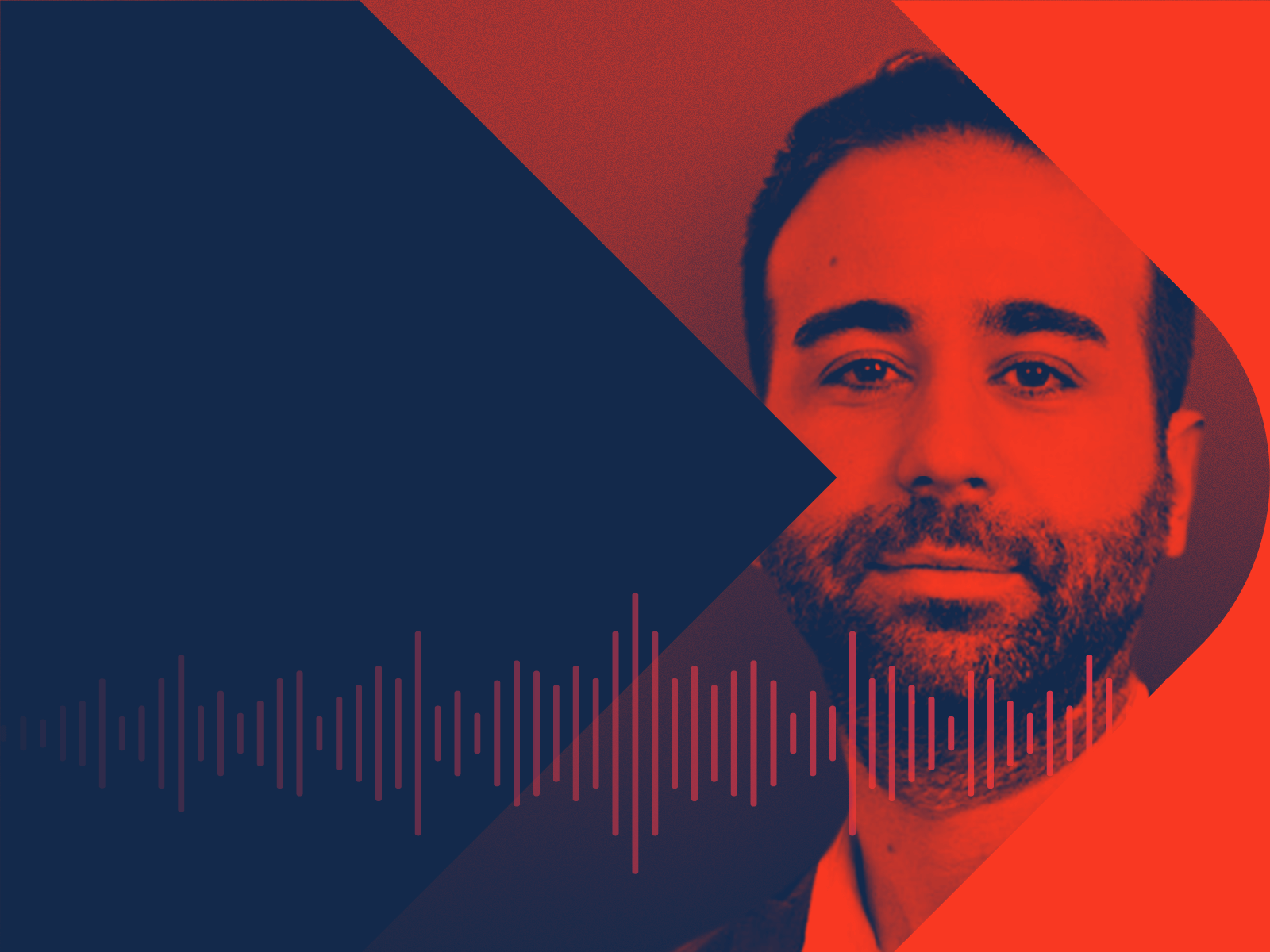“Rethink everything”
While some will unfortunately cling on to the very end, others see the deprecation of third-party cookies as a much-needed and welcome change, an opportunity to rethink and build a brighter future. With the final deadline fast approaching, it’s time for organizations to take action. It’s set to be a pivotal year for the advertising industry, and media agencies have a front-row seat.
In the latest episode of our Identity Architects podcast, InfoSum's VP, Corporate Marketing, Ben Cicchetti, sat down with Liesbeth Bernaerts, Lead Data & Tech at IPG Mediabrands Belgium, to talk about the Belgian advertising ecosystem, data privacy, data insights, the cookieless future, the evolving role of media agencies, and much more.
“Cookies themselves were a whole construction. The whole thing was built on stuff that wasn't necessarily as solid as it ever pretended to be, so for me, this is really not a bad thing.”
As we finally approach the end of the infamous third-party cookie, it’s a chance for the industry to reflect on the past and learn from previous mistakes. Although it served a purpose, the third-party cookie was never a truly effective solution.
“We did research when we were actually working in a DMP for a client. [...] We actually found out with just basic simple matching that it's not at all Belgian data, [it] was usually from neighboring countries from France, from the Netherlands. So it's absolutely nothing valuable, and that meant we were actually also forced to focus even more on your own environment, your first-party data users.”
Data and findings like this really underline the need for the industry to find better alternatives. But organizations who are trying to find a like-for-like replacement to cookies are on the wrong track. The transition to the cookieless future represents a much bigger opportunity for the industry to re-imagine data-driven advertising from the ground up.
“It should not be replaced. It has to be rethought.”
We couldn’t agree more. Cookies aside, consumers are more aware than ever about how their data is used, and will actively avoid companies with bad data practices. In order to succeed in this new era, data privacy, trust, and transparency must be prioritized.
“Transparency and [...] privacy-safe, those are really two very important keywords, and that should be forefront, whatever, and all the rest is on the side and all these discussions about ‘yeah but we can't really show you, we can't really give any insights, we're not allowed to talk about this, we're not allowed to speak about our categorization or modeling’ that does not make a whole lot of sense, that shouldn't be that. But I think those things will change.”
It’s a great point. For too long, the industry has existed with opaque systems and solutions that operate inside black box environments.
“The black box needs to be opened up [...], the responsibility is really, it's a shared responsibility, and agencies should open this discussion up as well. I think we're perfectly situated in the middle there to get everybody around the table.”
Collective responsibility is a theme we see pop up again and again, and it’s a sure sign that we’re heading in the right direction. For agencies, they’re in a unique position to drive change given that they are situated at the crossroads of buyers, sellers, and technology solutions.
“I'm definitely willing to take up the responsibility from the agencies, I think that we have to, right? We help, we think, talk to the clients, but also talk to the industry. Advise them, be transparent about that too, what is the actual question of the client? Is this really important? Do we really need to do this or should we move to this? What's working? What's not working? Can we test? Can you help us test? Can you provide budgets to test?”
One of the ways in which media agencies are helping to drive change and address the issues Liesbeth has talked about is through the adoption of privacy-enhancing technologies, such as data clean rooms. They empower advertisers to leverage their first-party data effectively to drive business outcomes while guaranteeing privacy. And they’re not just helping advertisers from an activation perspective, media agencies are intelligently using clean rooms to better plan and optimize campaigns through insights.
“Media spend is a huge thing as well, optimize on that. So that means that you allocate certain budgets that you actually thought like, ‘Oh, we're gonna launch another campaign, then another and another.’ No, just focus on frequency, on users. Pushback data in the data clean rooms. That's a really big one where actually, after the post-campaign, we get data back in the data clean room. We can see who's actually been served an ad and who has not been served. Optimize on that, have a look at that, and see where was this, is this necessary? And then, if you optimize media spend, if you decrease and you're more qualitative, those budgets should be reallocated to the solutions. At the end of the day, it's always all about money.”
It’s true what they say, money talks. The advertising industry has been through a somewhat turbulent time in recent years, placing marketers under greater pressure to make every ad dollar count and perform. Through data clean rooms, agencies are helping brands drive cost savings and greater campaign ROI.
Data privacy and the deprecation of third-party cookies are obviously hot topics, but a conversation on the advertising industry today wouldn’t be complete without mentioning AI.
“And then, of course, another big hot topic is [...] machine learning. You will have AI getting involved in all of this, and that's how it should be. It should become easier, it should become better. We should move to modeling more, we should move to prediction, we should move to automation. However, privacy will always have to be a priority.”
Has there been a more exciting time to be part of the industry? We’re looking forward to seeing how it all unfolds. But Liesbeth is right, the one constant to all of this is a requirement for everything to be underpinned by privacy.
Thanks, Liesbeth, for the chat!





